Find Your Exam Voucher
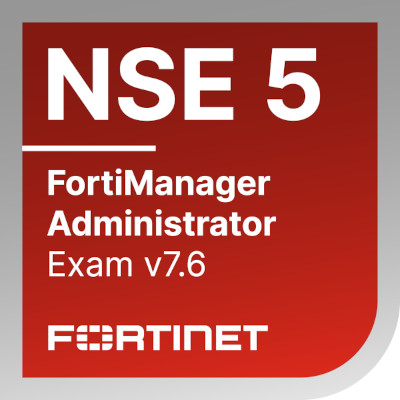
Fortinet NSE 5 - FortiManager Administration
Secure your official FortiManager Administrator (NSE 5) exam voucher. Master centralized policy, ADOMs, and device management for the FCP in Secure Networking certification.
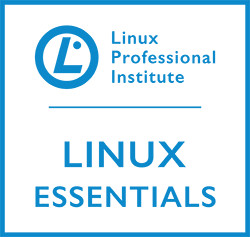
LPI Linux Essentials
Launch your IT career with the LPI Linux Essentials certification. Master core Linux fundamentals, including command line, system architecture, file management, and basic security.
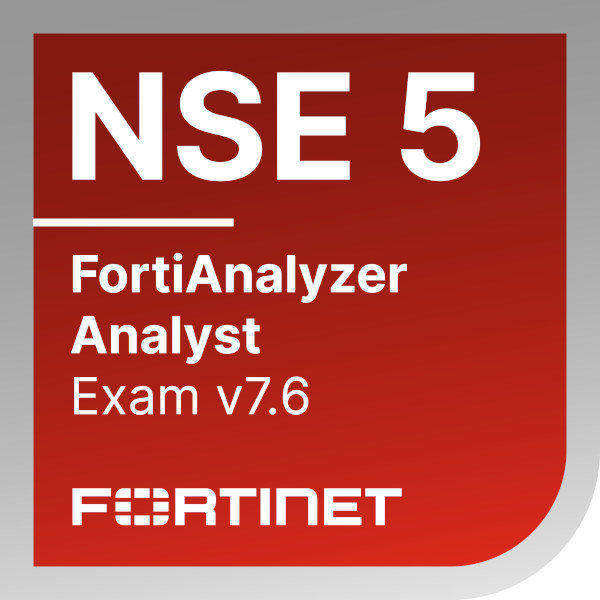
Fortinet NSE 5 – FortiAnalyzer Analyst
Secure your official Fortinet NSE 5 – FortiAnalyzer Analyst exam voucher today! Purchase your official FortiAnalyzer Analyst certification voucher and take the NSE 5 test at your convenience. Start your journey to Fortinet security expertise. Buy now and save!
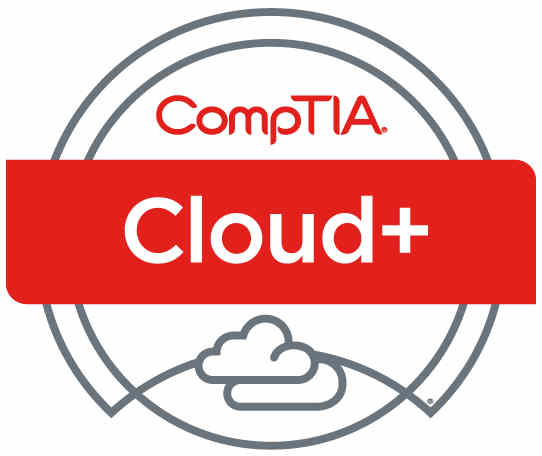
CompTIA Cloud+
CompTIA Cloud+ certification validates the skills needed to deploy, secure, and optimize cloud infrastructure services. Ideal for cloud engineers and IT professionals managing hybrid and multi-cloud environments and preparing for the Cloud+ exam.
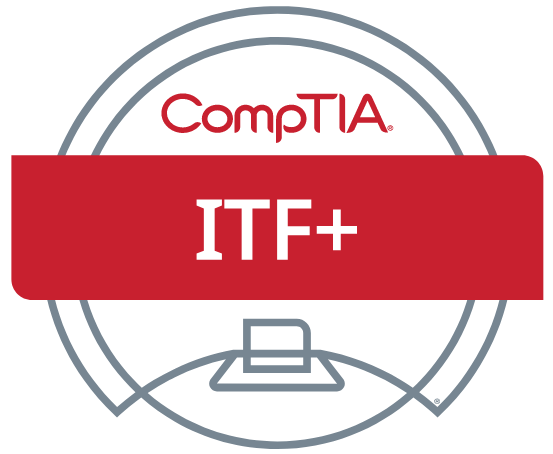
CompTIA ITF+
Note: This exam has been retired. Validate your foundational IT knowledge with the CompTIA IT Fundamentals+ exam voucher. Ideal for beginners, it covers essential IT concepts, infrastructure, software, and databases. Prepare effectively and certify your fundamental IT skills today.
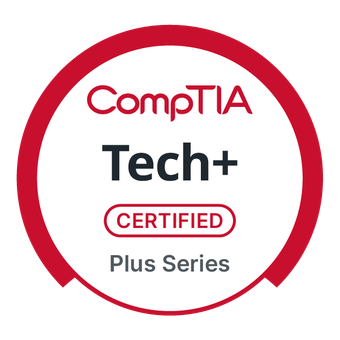
CompTIA Tech+
Start your IT career now! Buy your discounted CompTIA Tech+ (FC0-U71) exam voucher today and save money on your foundational tech certification.
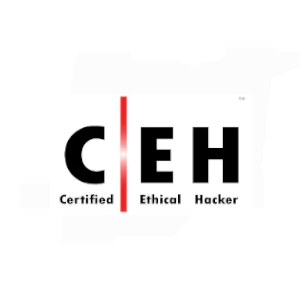
Certified Ethical Hacker
Official EC-Council CEH exam voucher available. Validate your skills in ethical hacking techniques, malware analysis, and security assessment.
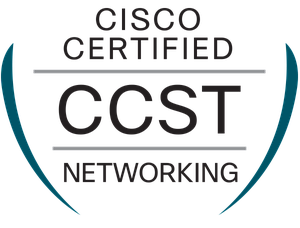
Cisco Certified Support Technician
Secure the CCST Networking exam voucher to launch your entry-level Cisco career. Master IT networking essentials and basic network security.
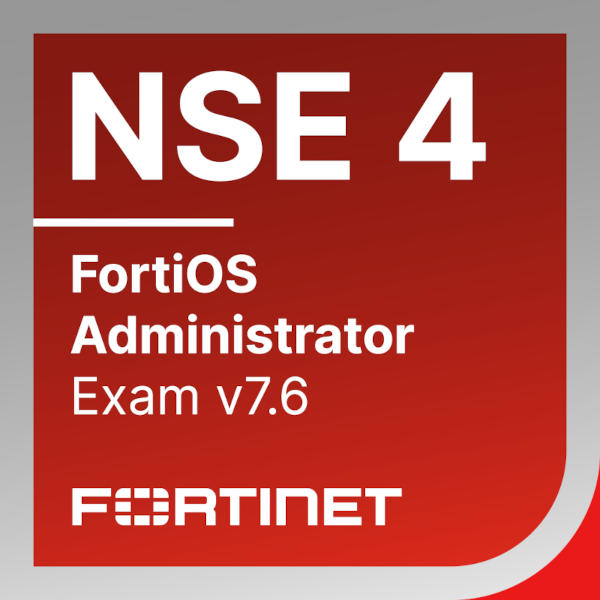
Fortinet NSE 4 – FortiOS Administrator
NSE 4 FortiOS Administrator voucher available. Certify your expertise in FortiGate configuration, policy management, and network security.
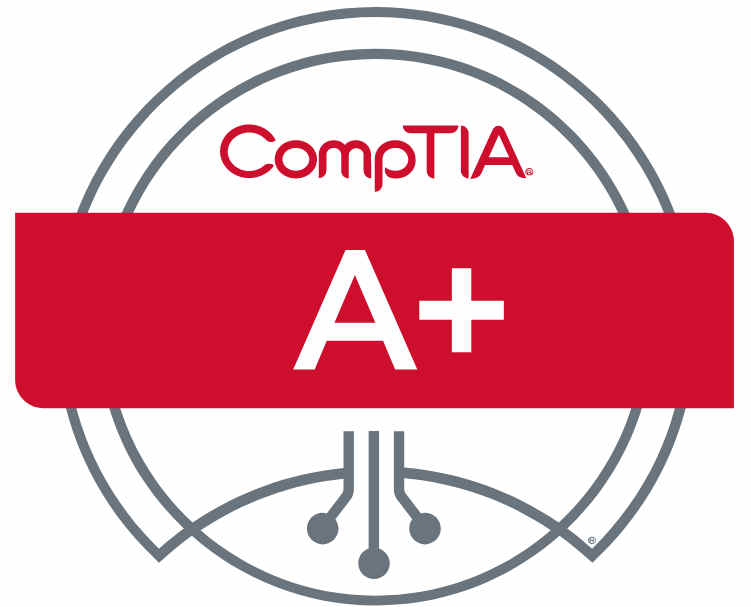
CompTIA A+ (Core 1)
Official A+ Core 1 exam voucher for certification. Covers foundational IT skills: hardware, networking, mobile devices, & troubleshooting. Launch your career!
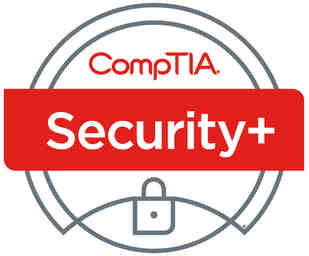
CompTIA Security+
CompTIA Security+ certification validates core cybersecurity skills in threat detection, risk management, network security, and compliance. Designed for IT professionals starting or advancing careers in information security and preparing for the Security+ exam.

Microsoft Certified Fundamentals
The Microsoft Certified Fundamentals Exam Voucher provides access to entry-level certification exams in areas like Azure, Microsoft 365, and Power Platform at a discounted price or for free. It's ideal for beginners looking to enhance skills and gain industry-recognized credentials.

Certified Information Technology Specialist
The Information Technology Specialist program helps candidates validate essential IT skills in areas like software development, networking, security, and coding. Ideal for those starting their IT career, this certification showcases expertise across foundational IT topics, valued by employers.

Autodesk Certified User
This product includes one Autodesk Certified User (ACU) Exam Voucher, valid for exams in AutoCAD, Inventor, Revit, Maya, 3DS Max, and Fusion 360. The ACU certification validates proficiency in Autodesk software, enhancing career opportunities for designers, engineers, and makers.
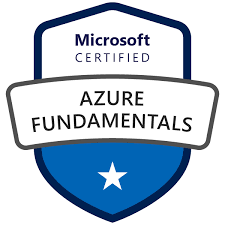
Azure Fundamentals
Azure Fundamentals (Exam AZ-900) certification provides foundational knowledge of cloud concepts and Microsoft Azure services. Ideal for individuals starting their cloud journey or those looking to build a solid understanding of Azure’s core services, pricing, and support options.

Entrepreneur and Small Business
The ESB certification validates foundational knowledge in entrepreneurship and small business management, covering core concepts such as recognizing opportunities, business planning, marketing, sales, venture capital, seed funding, and financial management, essential for launching and managing a successful business.
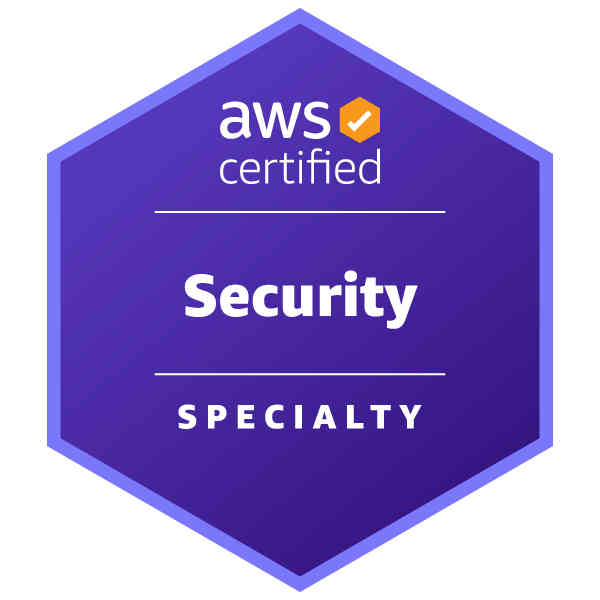
AWS Certified Security - Specialty
The AWS Certified Security - Specialty exam validates advanced skills in securing AWS workloads, ideal for professionals with at least two years of hands-on experience in security roles. It covers comprehensive security topics across the AWS platform, preparing candidates to effectively secure cloud environments and mitigate risks.

AWS Certified Advanced Networking - Specialty
AWS Certified Advanced Networking - Specialty (Exam ANS-C01) certification validates advanced knowledge and skills in designing, implementing, and troubleshooting complex networking architectures on Amazon Web Services (AWS). Ideal for networking professionals looking to advance their expertise in cloud networking, hybrid cloud environments, and AWS networking services.
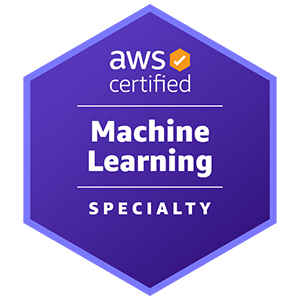
AWS Certified Machine Learning - Specialty
The AWS Certified Machine Learning - Specialty exam validates expertise in designing, deploying, and managing machine learning solutions on AWS. With a focus on real-world applications, it tests skills in building, training, and optimizing machine learning models to meet business objectives in the cloud.
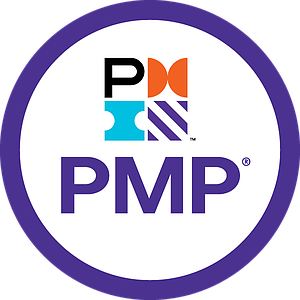
PMI Project Management Professional
The Certified Associate in Project Management (CAPM) is a credential offered by the Project Management Institute (PMI) that is designed for individuals entering the field of project management. This certification is aimed at improving their understanding, terminology, and processes associated with effective project management.
Please contact us for any queries via phone or our contact form. We will be happy to answer your questions.
Ferndale,
2194 South Africa
Tel: +2711-781 8014 (Johannesburg)
+2721-020-0111 (Cape Town)
ZA
Jumping Bean Contact Form!